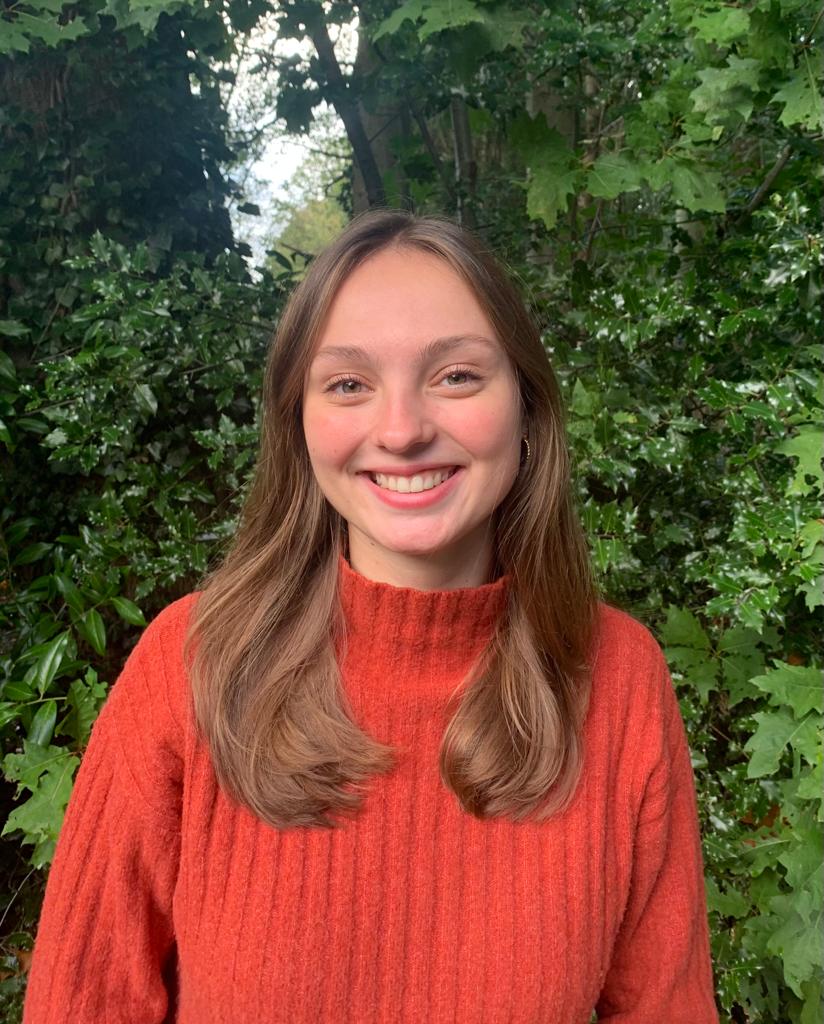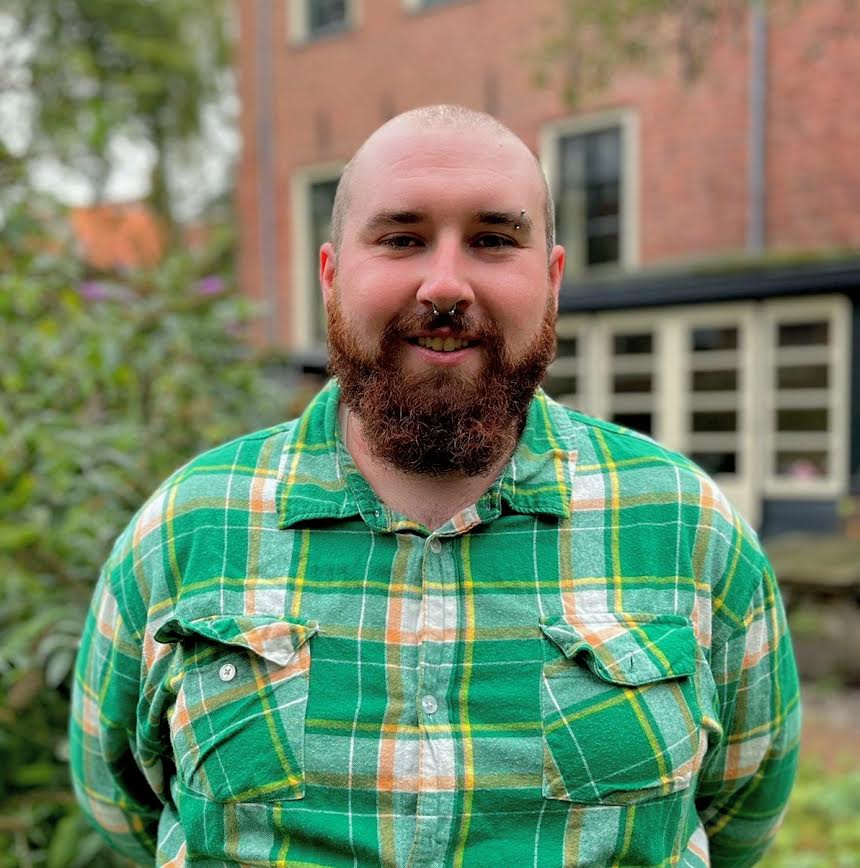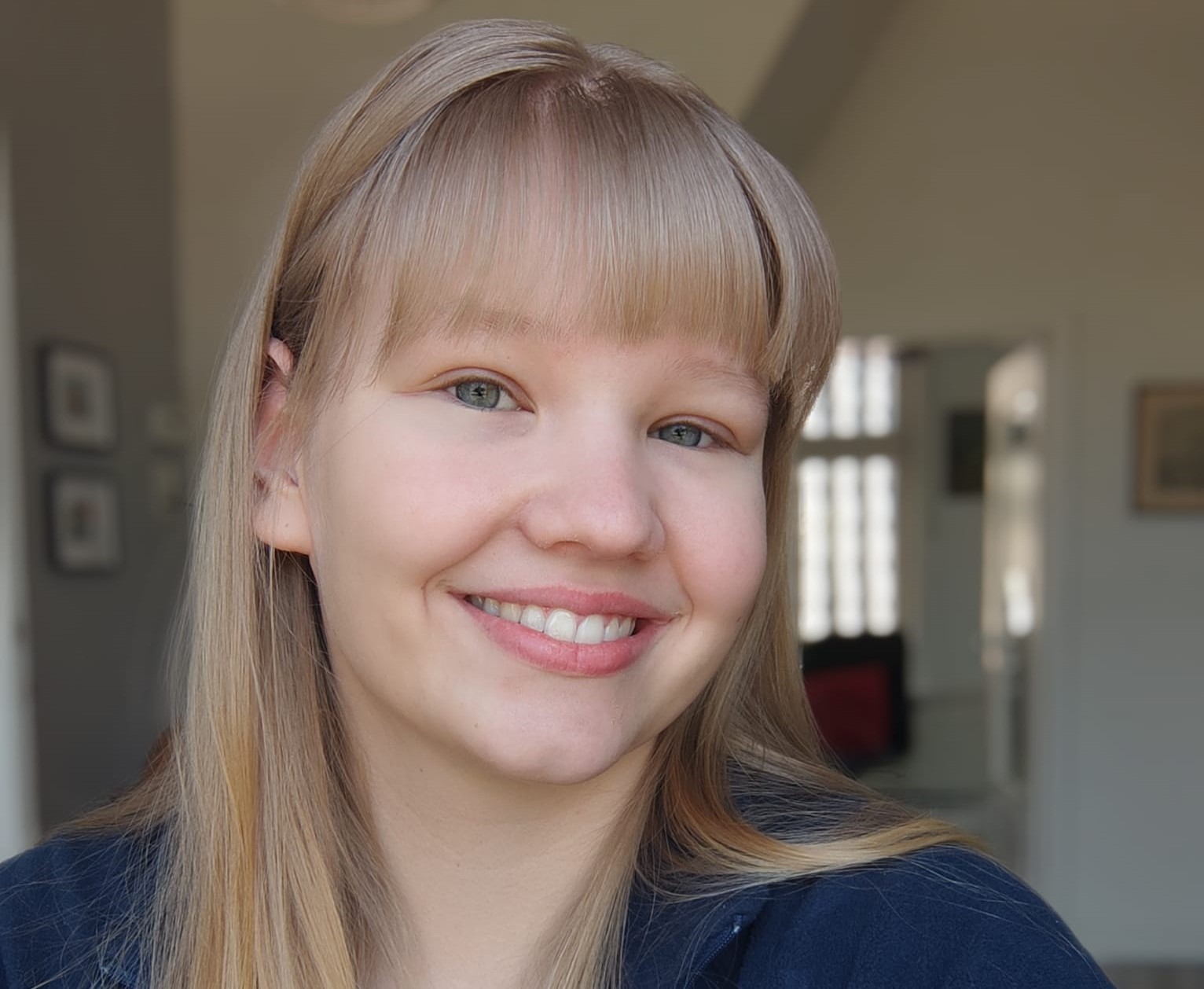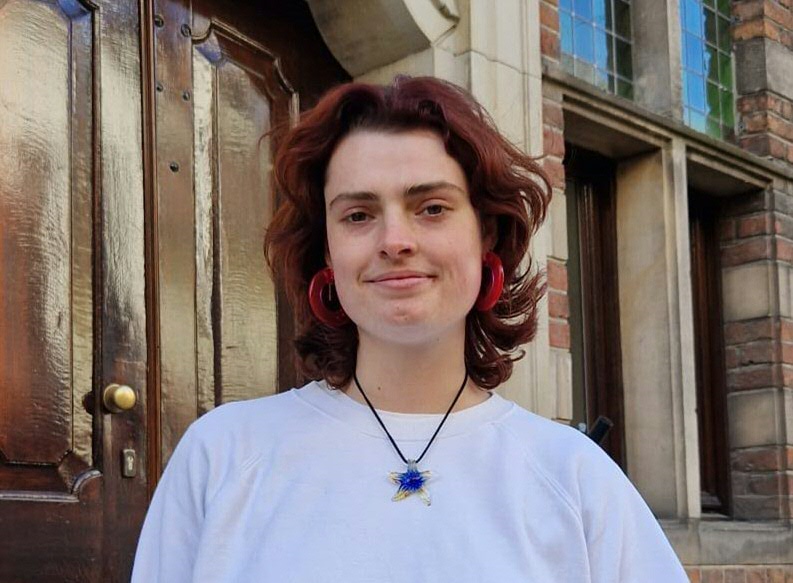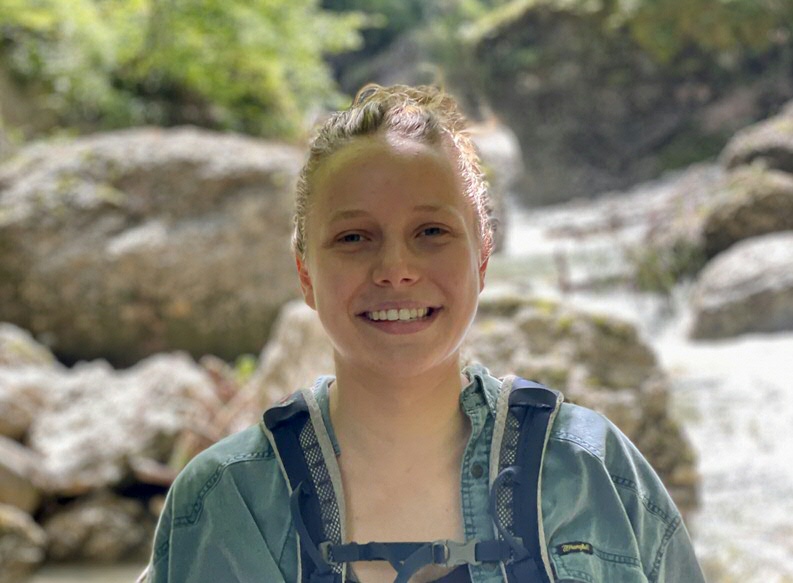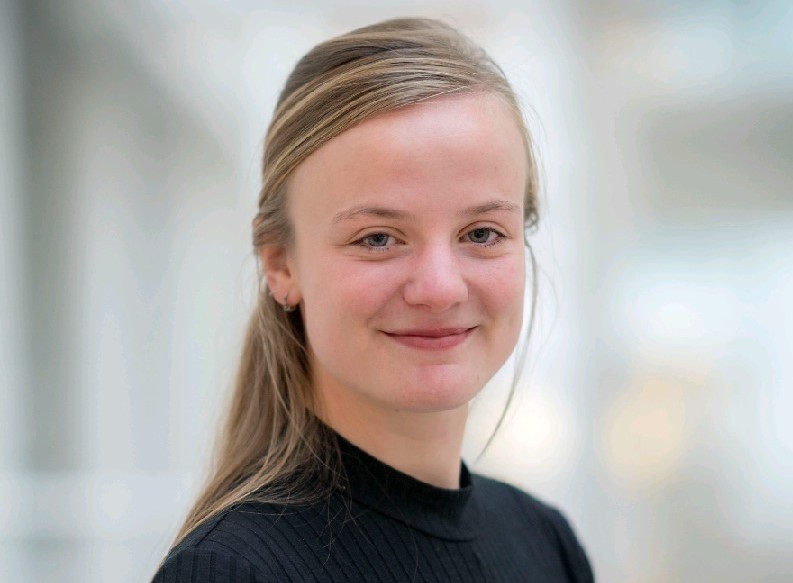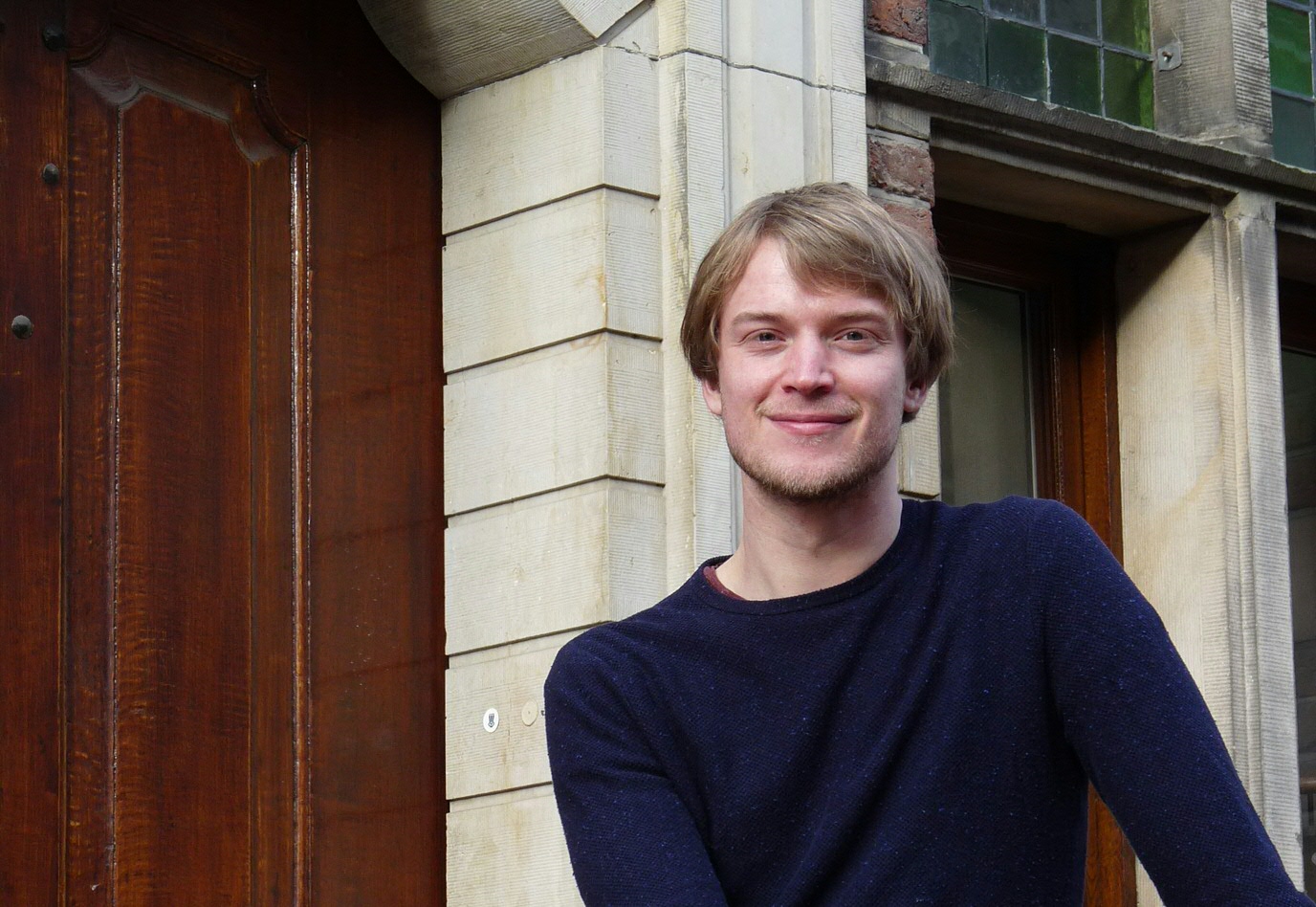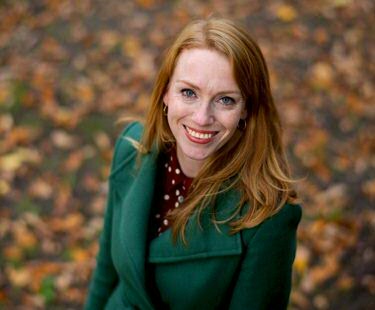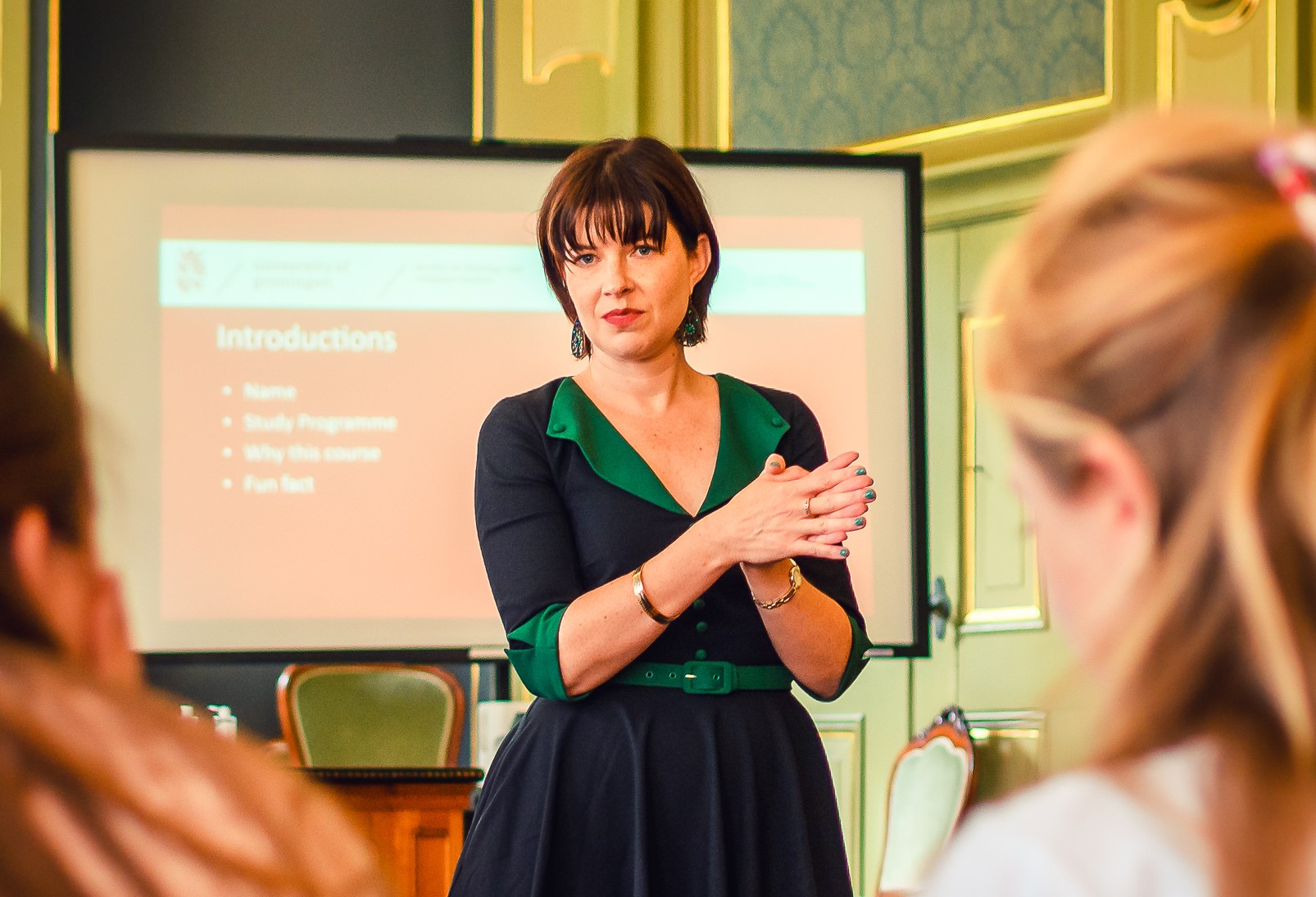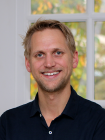study guidance
To support you while studying, the Faculty ensures that the timetable is feasible, that mentors, lecturers, student assistants and the study advisor provide active study supervision, that exams are marked quickly and that lecturers and the study advisor are readily contactable. The teaching programme in the first year will also include a number of study skills course units which aim to teach you good study behaviour right from the start of your degree.
During the introduction, you will meet your mentors and the study advisor. The mentors are senior students who have received special training. Every mentor group will have a maximum of ten first-year students and two mentors. In a series of eight meetings, the mentors will familiarize you with the Faculty. They will also help you and provide advice about studying/learning to study. In addition, you will also have opportunities to ask the mentors questions or discuss issues that cannot be brought up during the group sessions. At the start of the academic year, the study adviser will hold introductory meetings with all of the first-year students. This is when you can discuss your expectations of your degree programme, and any unusual circumstances. At the end of the first semester, all first-year students will also be invited to a study progress meeting with the study adviser. If it looks like you will incur study delay, please contact the study adviser yourself. The study adviser can help you with your planning, and also advise you confidentially about study problems and/or personal problems.


